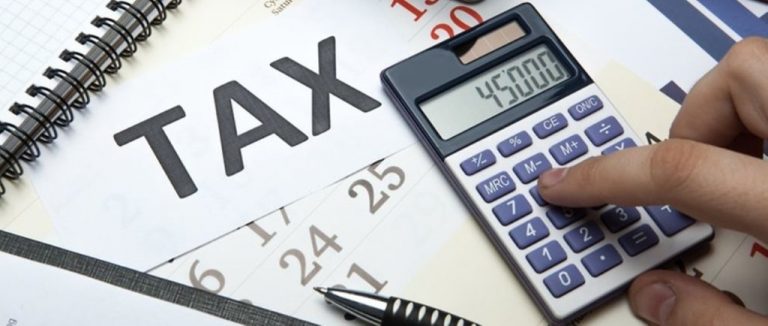
The Federal Inland Revenue Service (FIRS) has announced a new move by the Nigerian government to introduce Value Added Tax in the informal sector, through a scheme dubbed VAT Direct Initiative.
The federal tax agency said in a statement on Monday that the government aims to also use the VDI to curb multiple taxations in the sector.
To achieve its aim, the agency said it will partner with the Market Traders Association of Nigeria (MATAN) to collect & remit VAT from their members especially those in the informal sector using a unified systems technology.
Register for Tekedia Mini-MBA edition 19 (Feb 9 – May 2, 2026): big discounts for early bird.
Tekedia AI in Business Masterclass opens registrations.
Join Tekedia Capital Syndicate and co-invest in great global startups.
Register for Tekedia AI Lab: From Technical Design to Deployment (next edition begins Jan 24 2026).
“This collaboration is known as VAT Direct Initiative,” the FIRS said.
“A collaboration between FIRS and MATAN where MATAN promotes awareness on VAT collection and remittance in the marketplace and informal sector, while also simplifying VAT payment and remittance for the marketplace and informal sector using a purpose-built digital platform.”
The FIRS indicated that it is counting on the huge membership of MATAN to ensure that the VDI succeeds.
The 28-year-old association has more than 40 million members, making it the largest player in Nigeria’s informal sector, according to the statement.
The initiative will utilize MATAN’s digital platform to enumerate its members, giving them a digital ID card and tracking their turnover so that VAT accrued is collected and remitted to the FIRS. MATAN members will each receive an ID card upon enumeration, which would contain their Tax Identification Number and other personal details.
“The Initiative is the first of its kind that will utilize technology to foster collaboration between the FIRS and the marketplace for the collection and remittance of VAT,” the FIRS said.
The agency said the use of digital technology will among other things, help to tackle multiple taxations in the marketplace. It added that it will partner with security agencies to curb the activities of touts and self-imposed tax collectors.
“This will also boost VAR revenue generation for the three tiers of government, which in turn means more money to fund infrastructure and social amenities,” it said.
However, the announcement has riled up Nigerians, who have decried the speed with which President Bola Tinubu’s government is expanding the tax net. The new tax regime is coming simultaneously with other policies that include; the removal of fuel subsidy and the floatation of the forex market, which have orchestrated a jump in the cost of living.
The federal government last week announced a Proof of Ownership Certificate for vehicle owners across the country. The POC comes with an N1,000 levy, which is seen as an additional tax to the Nigerian public already being suffocated by multiple taxations.
“This tax is retrogressive. It is ill-conceived and poorly designed. Apart from the payment which seems to be solely for revenue generation and perhaps more for non-state actors than for the government…” Taiwo Oladele, PwC Nigeria tax executive.
“The tax adds complications to the myriad of multiple taxes which make doing business difficult and dampens tax morale.”
Critics believe that imposing VAT on the informal sector, which is also reeling from the negative effects of the recent policies, will compound Nigerians’ harsh economic situation.



